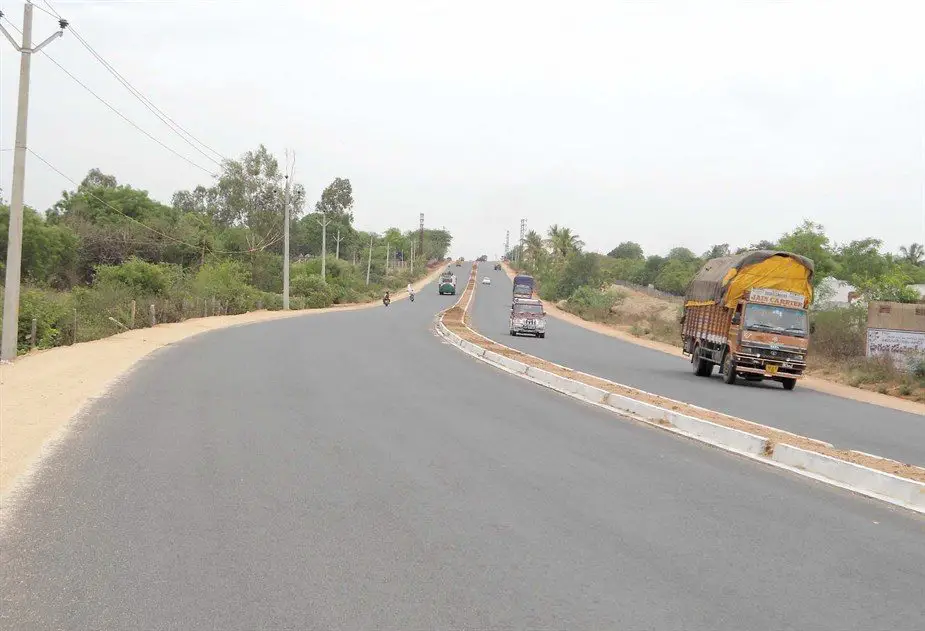Participants at the 35th annual Southern African Transport Conference in Pretoria have been told that adopting nanotechnology in road construction could help reduce on cost.
During his presentation Professor Gerrit Jordaan of the University of Pretoria said that Africa continue to grapple with limited funds for road infrastructure development thus unable to compete in the global market.
However, Professor James Maina of the department of civil engineering at the University of Pretoria opines that affordability of road infrastructure depends on the materials used, the environment and the traffic that will be using the road.
Speaking during the conference Prof Maina said that hauling materials to a construction site can hugely contributes to costs. But if there aren’t good quality materials near the site, Maina offers, a simple option is to modify poor quality materials for construction purposes. For Maina this is where nanotechnology comes in.
How nanotechnology works
Explaining how nanotechnology works Maina said if for instance the material is clay soil, it has a high affinity to water. It expands after absorbing water and contracts when it dries out.
“Nanomaterial is really small; five nanometers are equivalent to 0.05mm. The materials bind with the poor quality material which needs to be modified, and can then change the behaviour of the material.”
Essentially, says the professor, nanotechnology changes the properties to work for the construction process,” he said.
Commenting on why Africa was in dire need of road infrastructure, Maina offered that road are necessary for faster movement of goods and services from one place to another. He added that the economy of a country is enhanced with elaborate road infrastructure.
The conference comes at a time when Africa continue to face major challenges to road infrastructure development linked to skills shortages as well as the harmonisation of policies, procedures and standards.
Nanotechnology is a branch of technology that deals with dimensions and tolerances of less than 100 nanometers, especially the manipulation of individual atoms and molecules
Nanotechnology-based products have been used successfully in many parts of the world, for example India, the USA and in the West African region.

